Guys, disaster has struck our social media feeds. The 6ft hunk of toned, tanned muscular beauty that is Channing Tatum has left the onlinesphere - and so goes all of his thirst traps and love poems to Jessie J. On International Cat Day, which should have been all about the felines, we are instead now in mourning for our shirtless-less Instagram feed (honestly, Channing, it’s selfish. Think of the cats!)
No but seriously, it’s an important day. Because, not only have we lost Channing from Instagram but we’ve also been left to contemplate a seriously earnest philosophy about the role of social media in our lives. ‘I've been trying to get inspired and create again,’ Channing wrote when announcing his break, ‘And to be honest I don't really feel, or at least I haven't felt very creative on social in the last couple years now.’
‘I'm gonna go and be just in the real world for a while and off my phone,’ he continued, ‘I'll probably come back at some point. But if I do I want to have a direction or a clear point of view of why I'm on here and what I'm putting out there.’
Essentially, Channing has reached the two-year itch in his relationship with social media and concluded actually, this is absolutely pointless. For most of us, we’re all just posting the same types of content again and again, mindlessly sharing things with no real intention or understanding of why, and more importantly, what the impact is of putting it out there. It’s something we should all think about, because with the ill-effects of social media usage ever increasing surely there is a point to which we consider, is this actually worth it?
In the years since we began obsessively scrolling through others personal lives, mindlessly consuming curated content without knowing how our brain is actually responding, plenty of concerns have come up beyond just losing your creative direction online. We’ve fallen foul to unethical advertising practices, addictive algorithms akin to gambling tools and a concept of validation that gave rise to an entire new form of body dysmorphia. And while there has been backlash to all of this, the sea of content on social media largely maintains this status quo.
Watch: How Social Media Helped Make Nepal One Of The People-Trafficking Capitals Of The World
And what do we get in return? Memes? Videos of a goats screaming along to our favourite songs? Seriously though, putting aside the genuinely thoughtful posting that gives rise to social justice movements that would otherwise go unheard, what does the average Joe who only really posts selfies gain from posting content all the time?
Other than being able to connect with friends and family online, the only other real draw to social media – and in particular Instagram - is the validation that you’re living a beautiful enough life, which actually just perpetuates unhealthy self-esteem where you base your love of yourself on the approval of others.
It seems that actually, logging out of social media and entering the real world for more than just a few hours could provide the perspective we really need when it comes to how we interact with social media. Then, maybe one day our online presence may have intention beyond just sharing a pretty picture or a cute selfie. Social media can be a powerful tool, so maybe we should all be more Channing and take it more seriously.
Read more: The best celebrity comments on social media
Just Some Of The Best Comments Celebs Have Left On Instagram
 1 of 37
1 of 37comments by Celebs
 2 of 37
2 of 37comments by Celebs
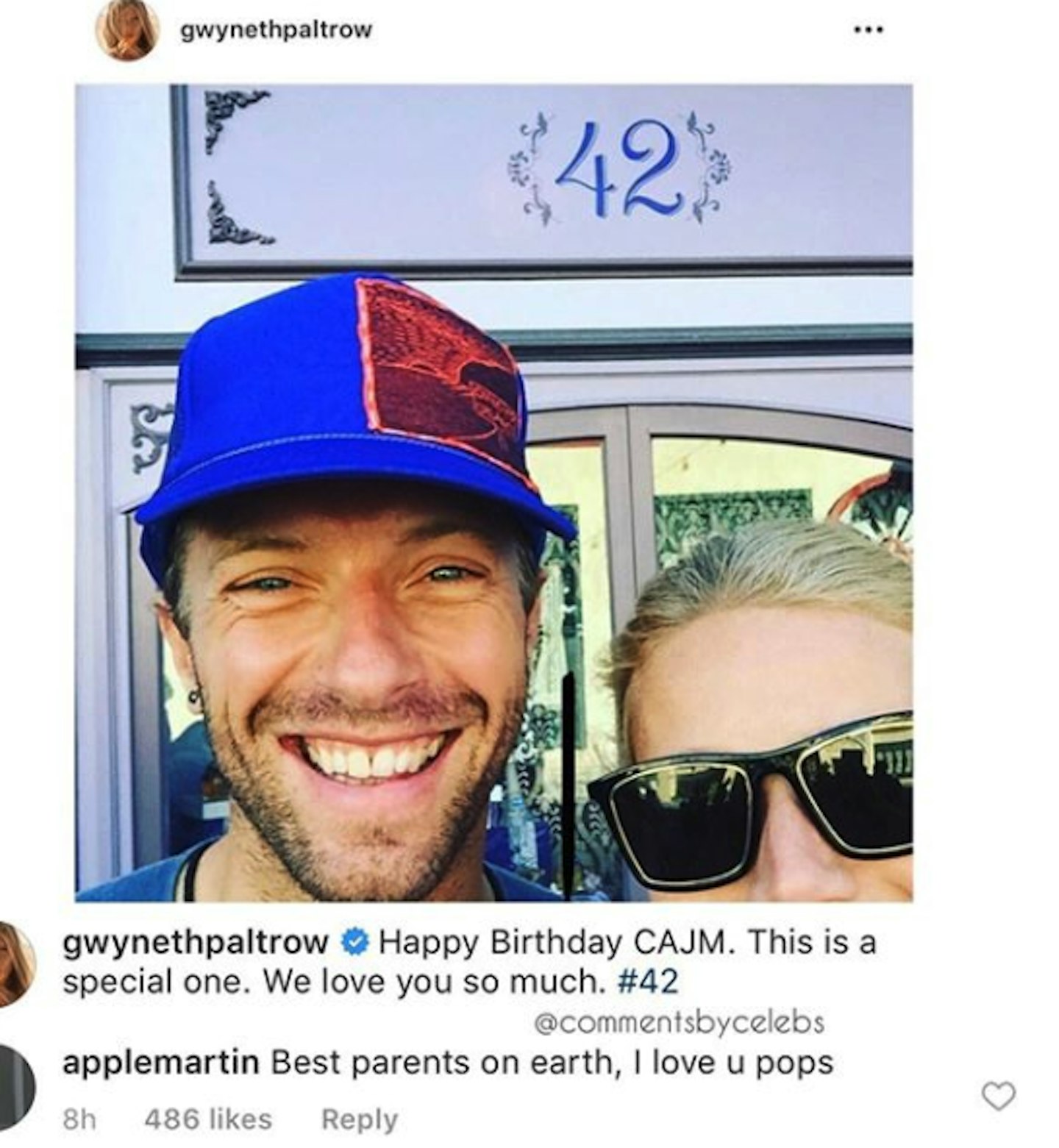 3 of 37
3 of 37comments by Celebs
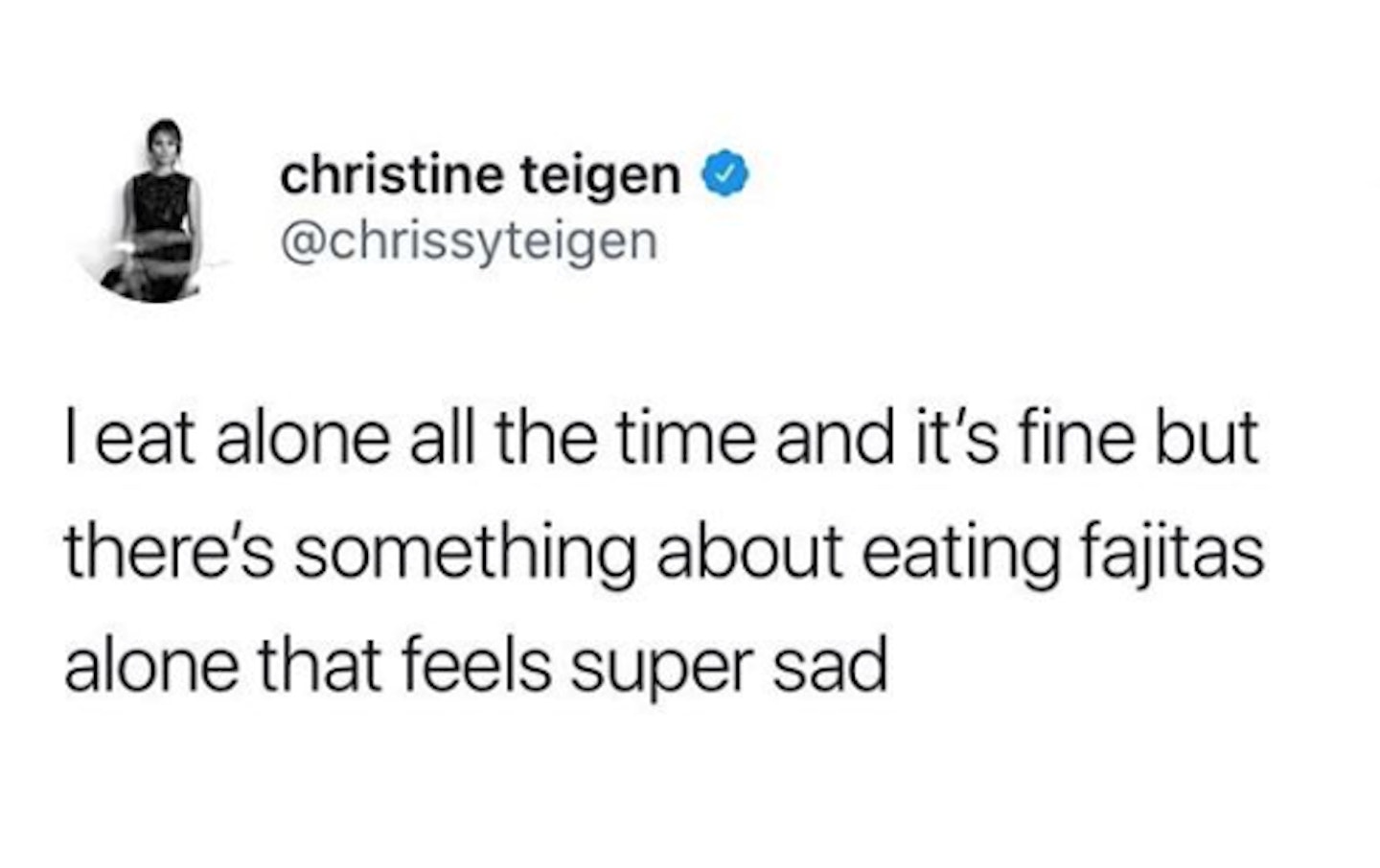 4 of 37
4 of 37comments by Celebs
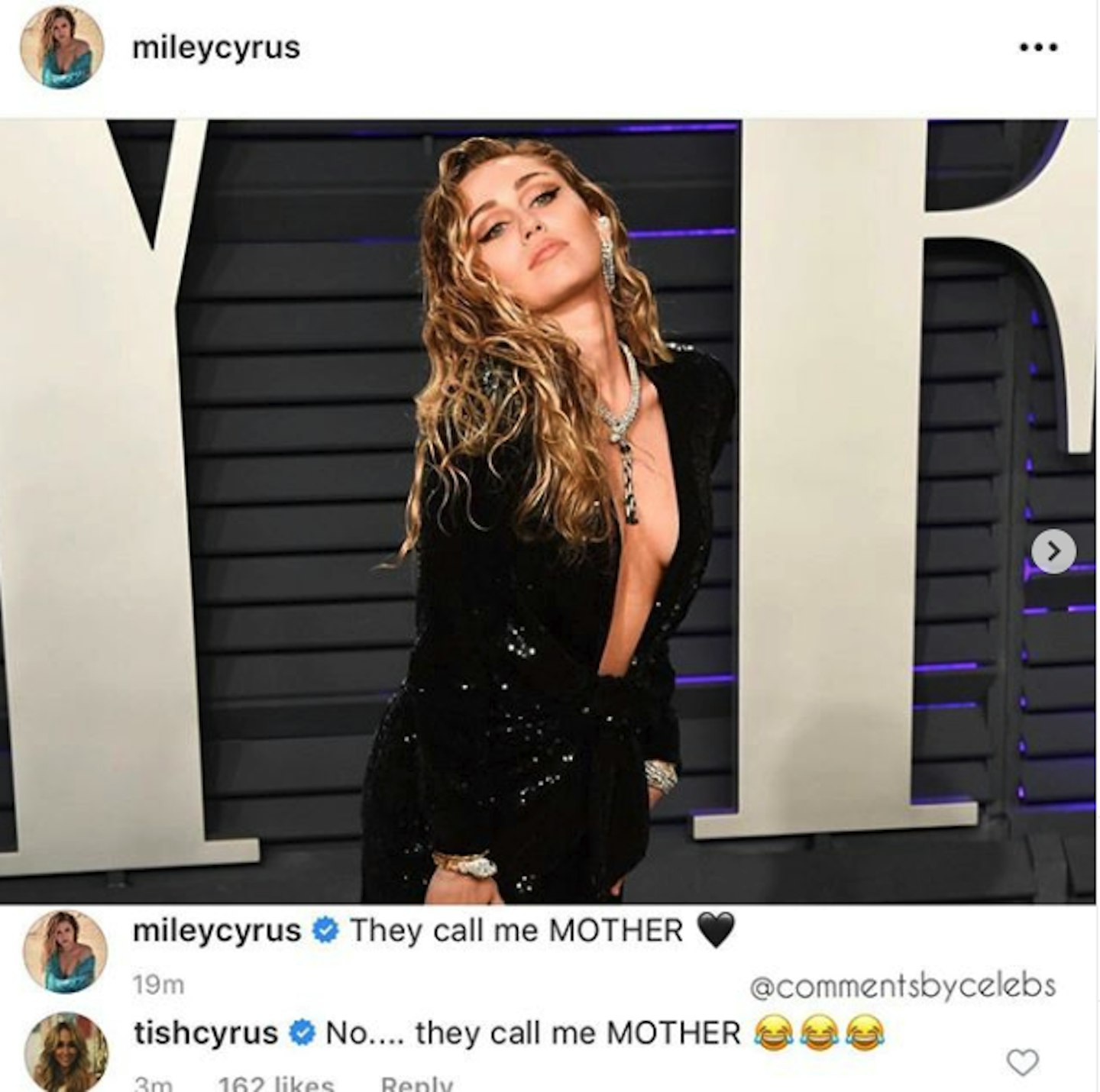 5 of 37
5 of 37comments by Celebs
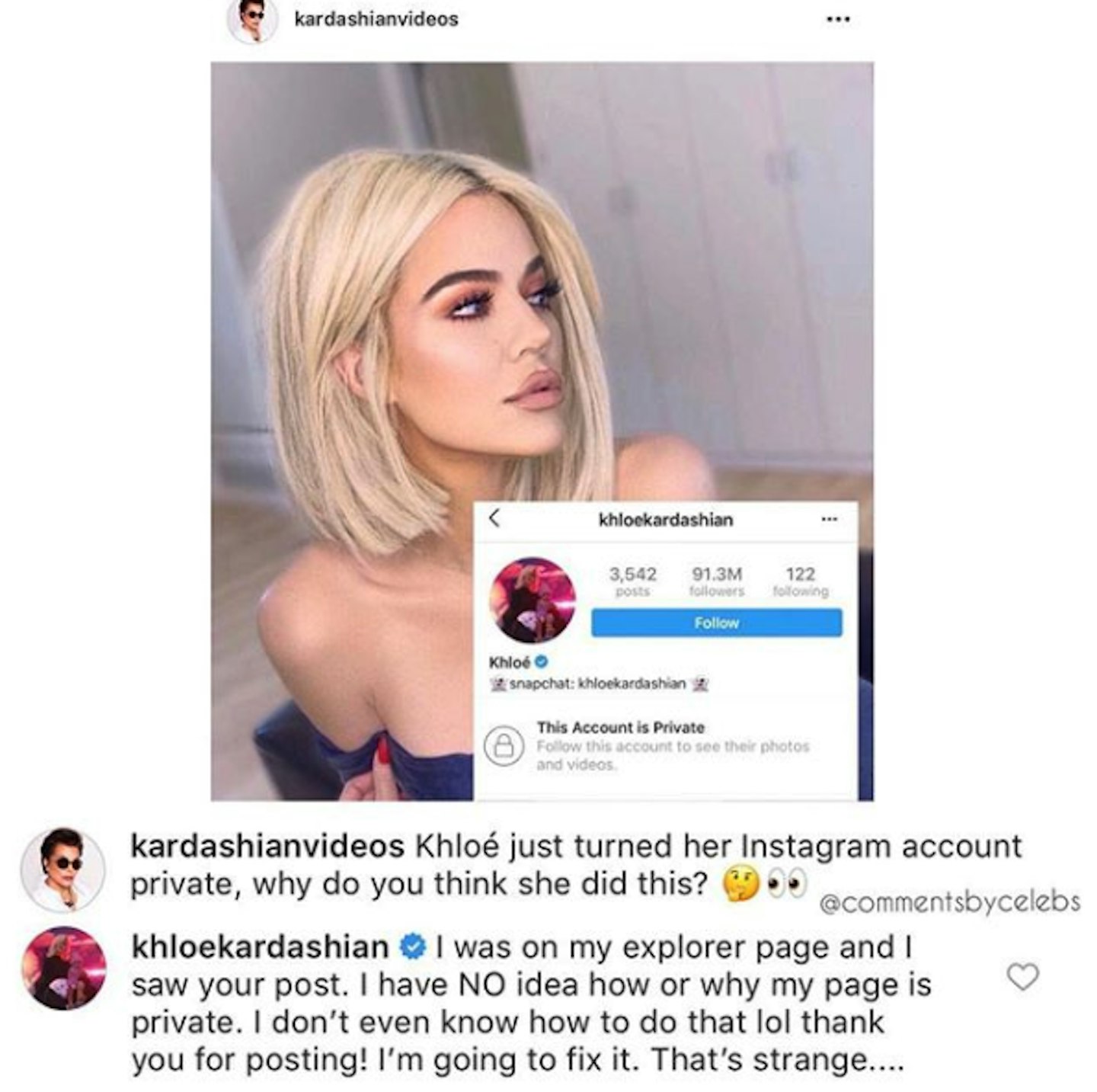 6 of 37
6 of 37comments by Celebs
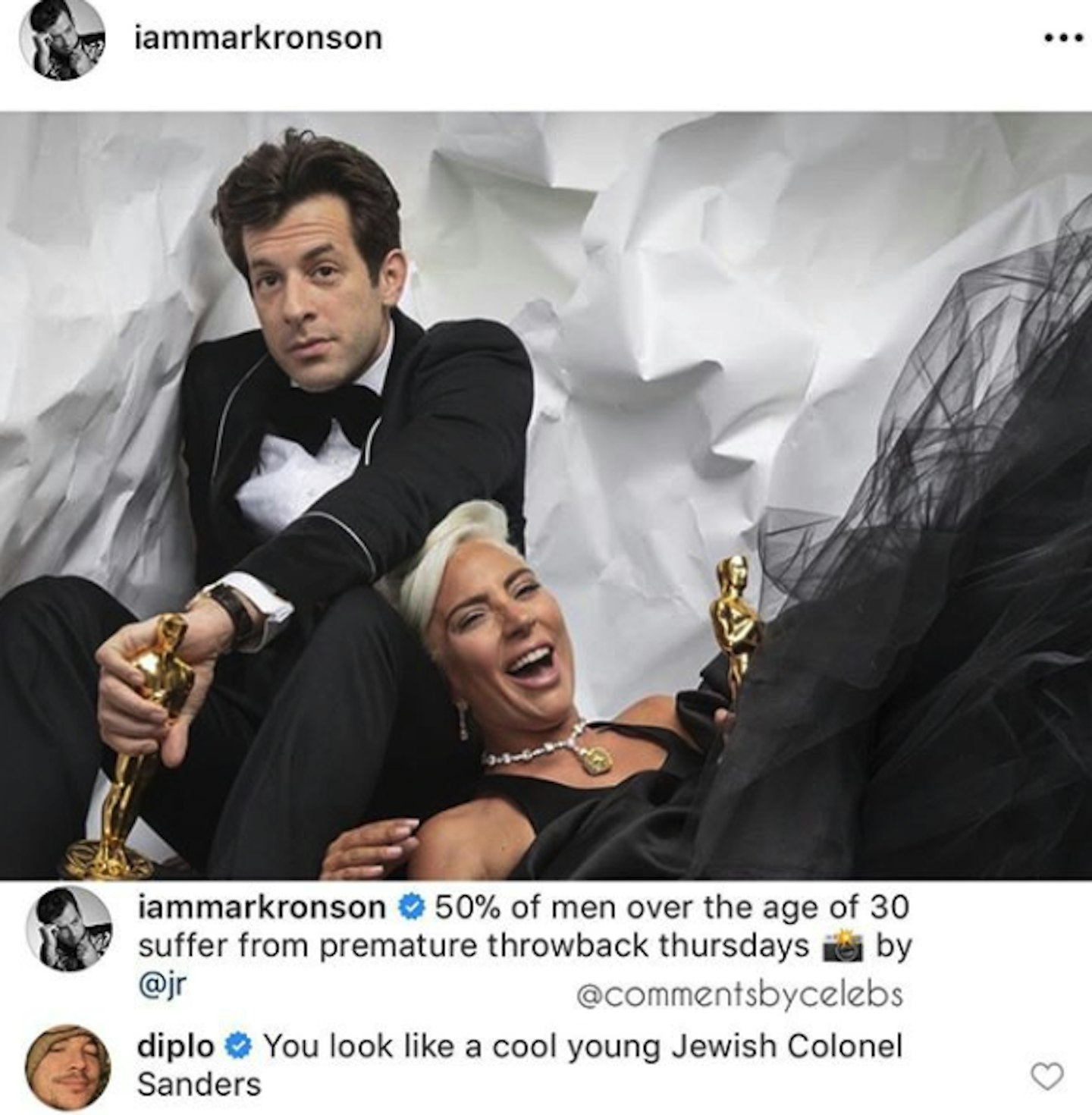 7 of 37
7 of 37comments by Celebs
 8 of 37
8 of 37comments by Celebs
 9 of 37
9 of 37comments by Celebs
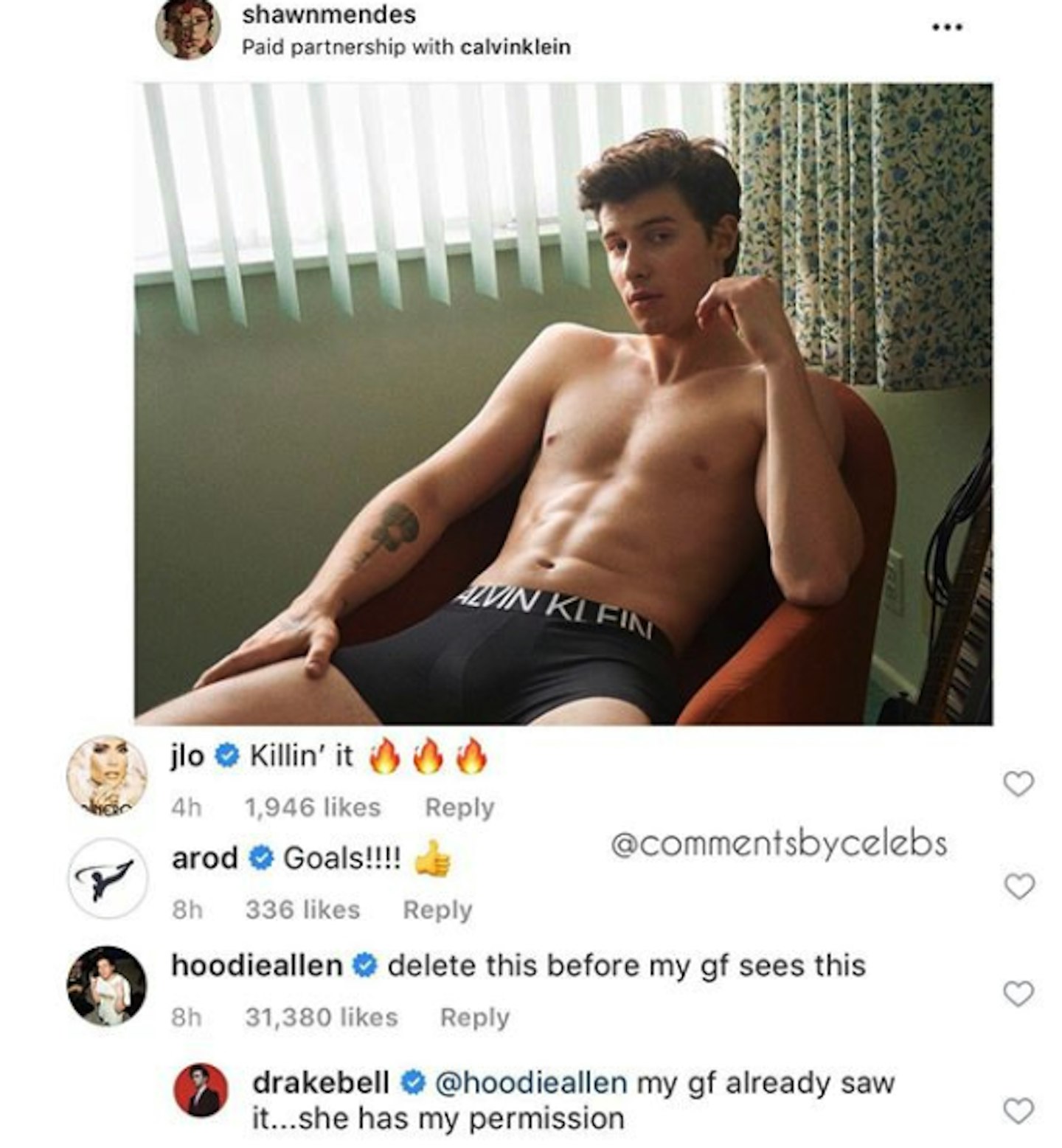 10 of 37
10 of 37comments by Celebs
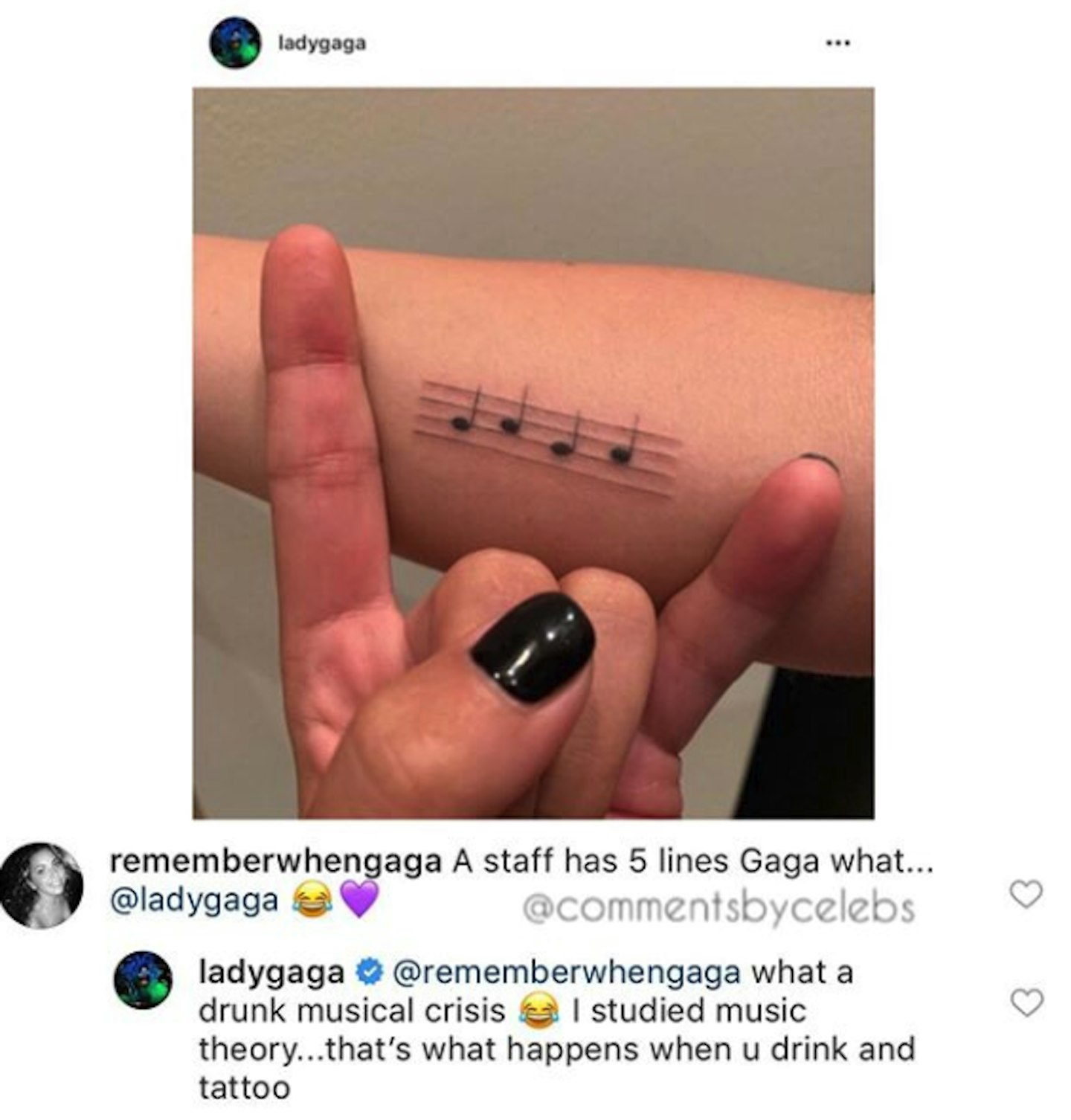 11 of 37
11 of 37comments by Celebs
 12 of 37
12 of 37comments by Celebs
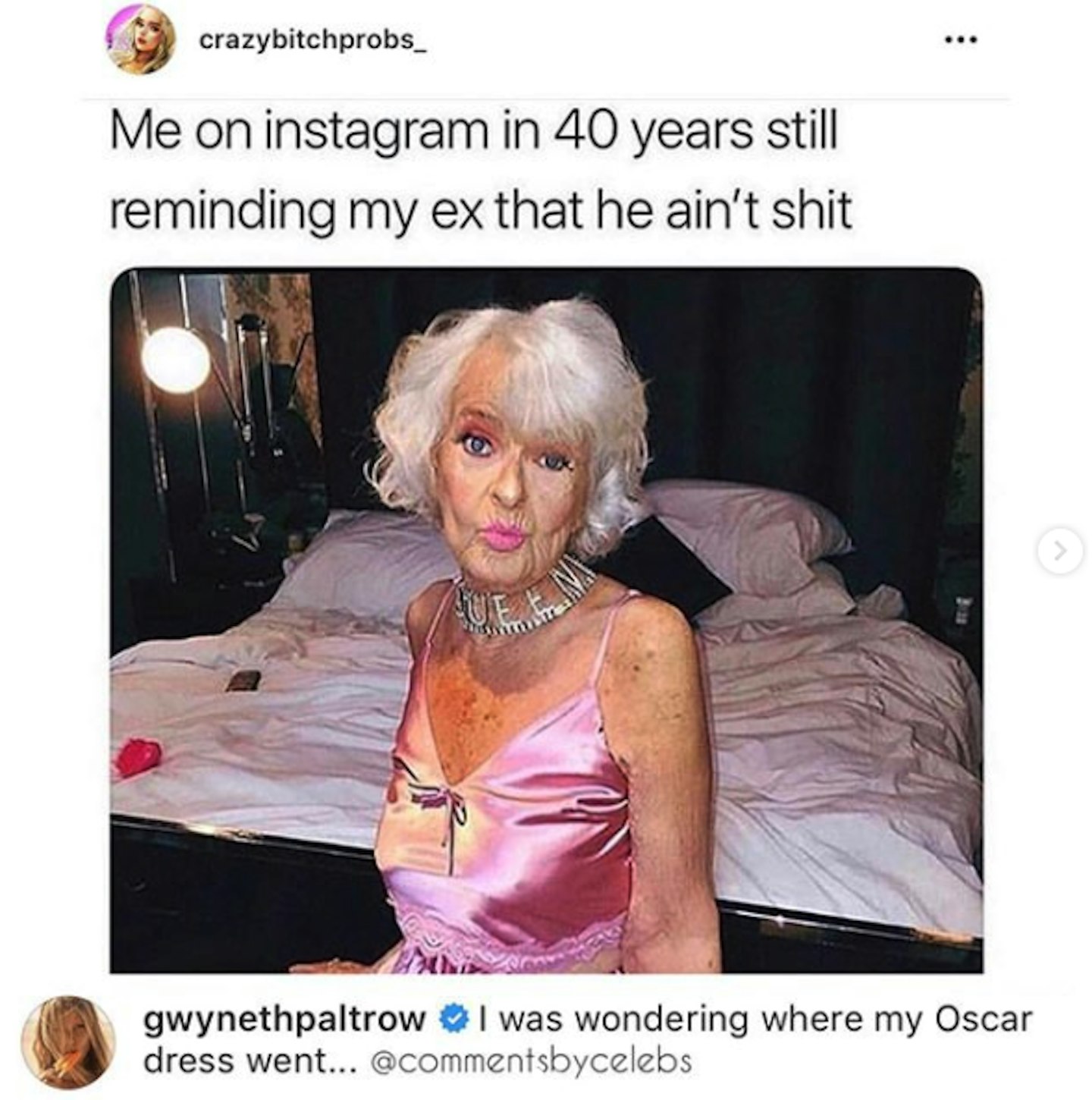 13 of 37
13 of 37comments by Celebs
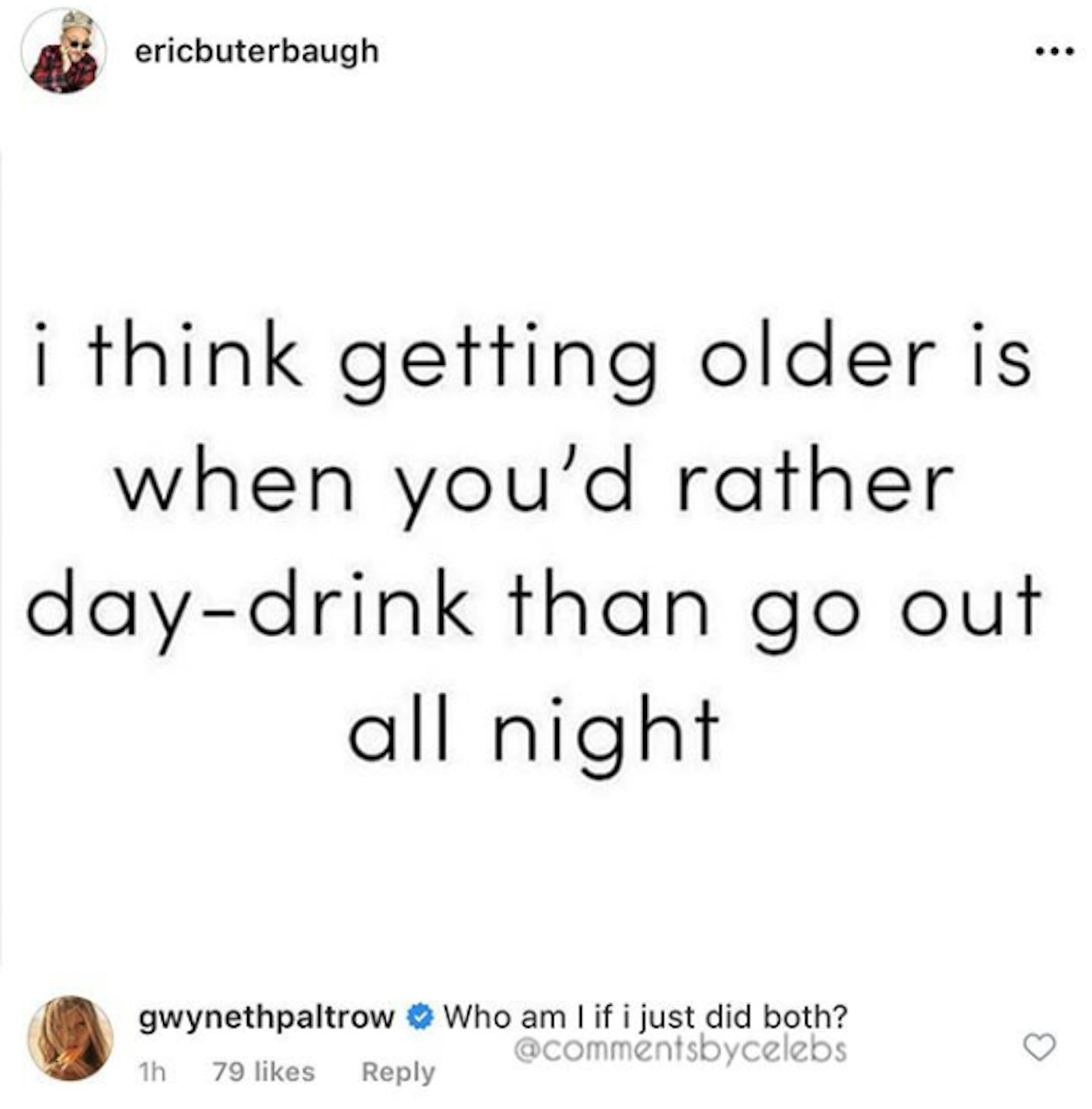 14 of 37
14 of 37comments by Celebs
 15 of 37
15 of 37comments by Celebs
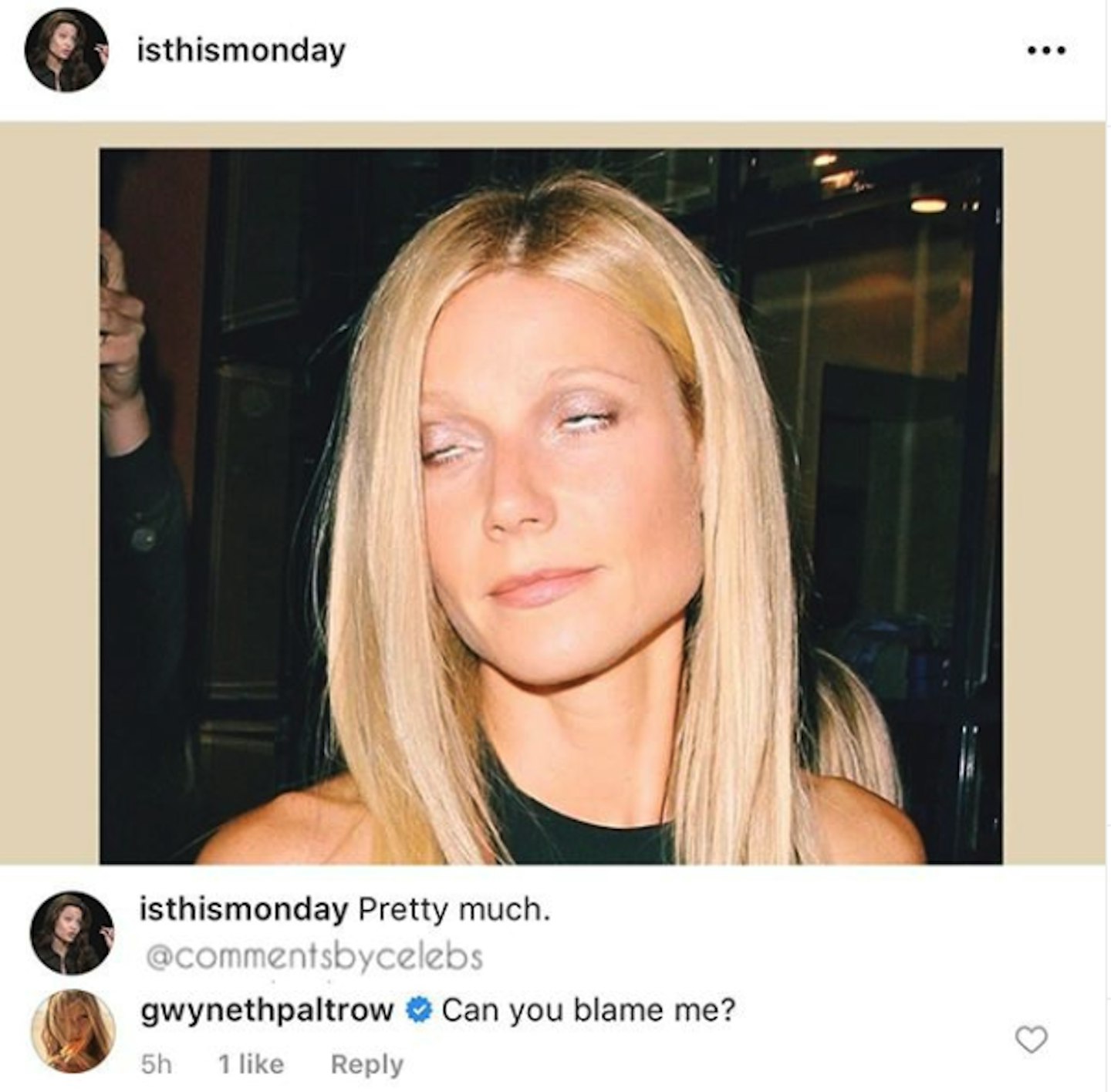 16 of 37
16 of 37comments by Celebs
 17 of 37
17 of 37comments by Celebs
 18 of 37
18 of 37comments by Celebs
 19 of 37
19 of 37comments by Celebs
 20 of 37
20 of 37comments by Celebs
 21 of 37
21 of 37comments by Celebs
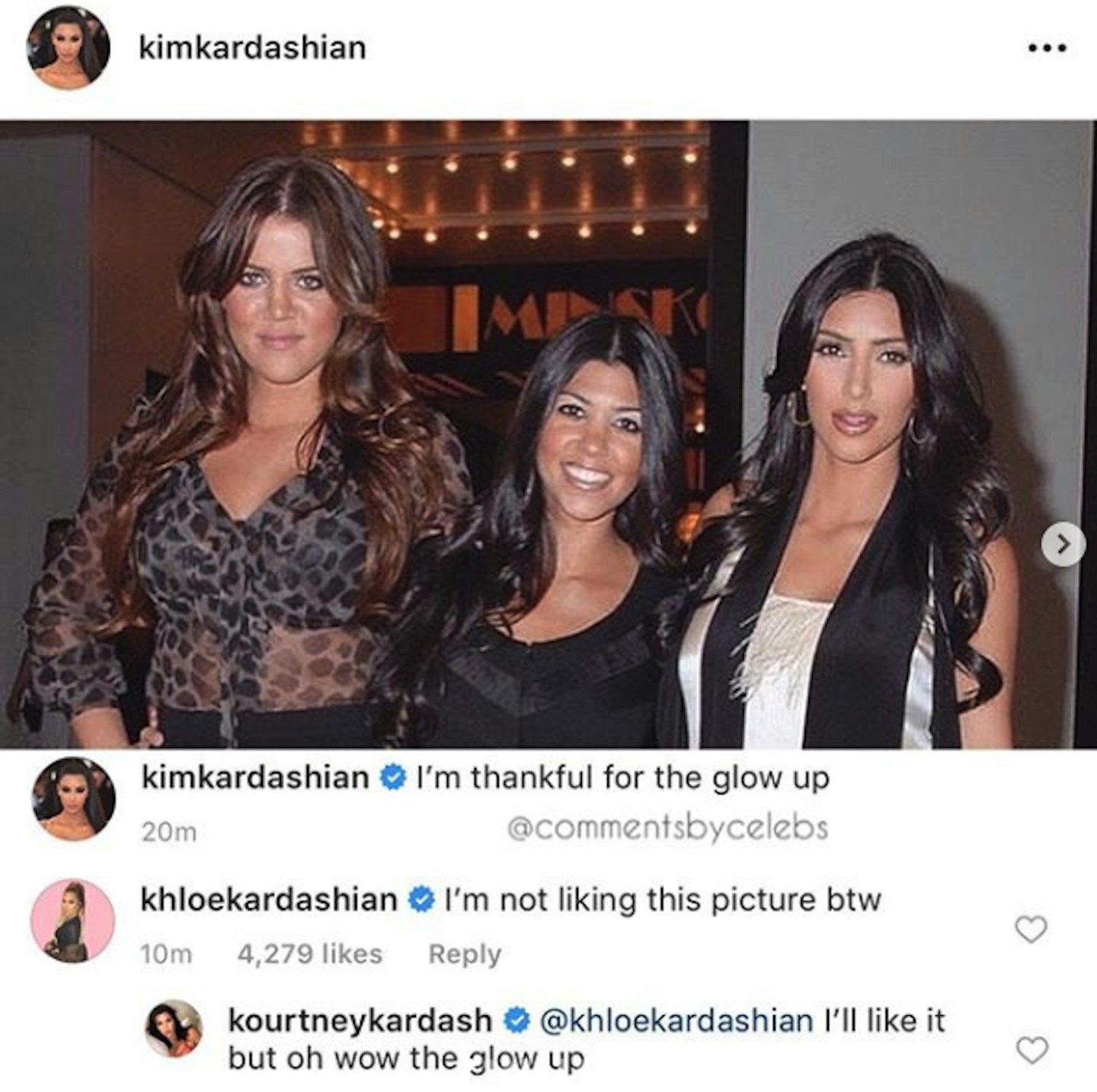 22 of 37
22 of 37comments by Celebs
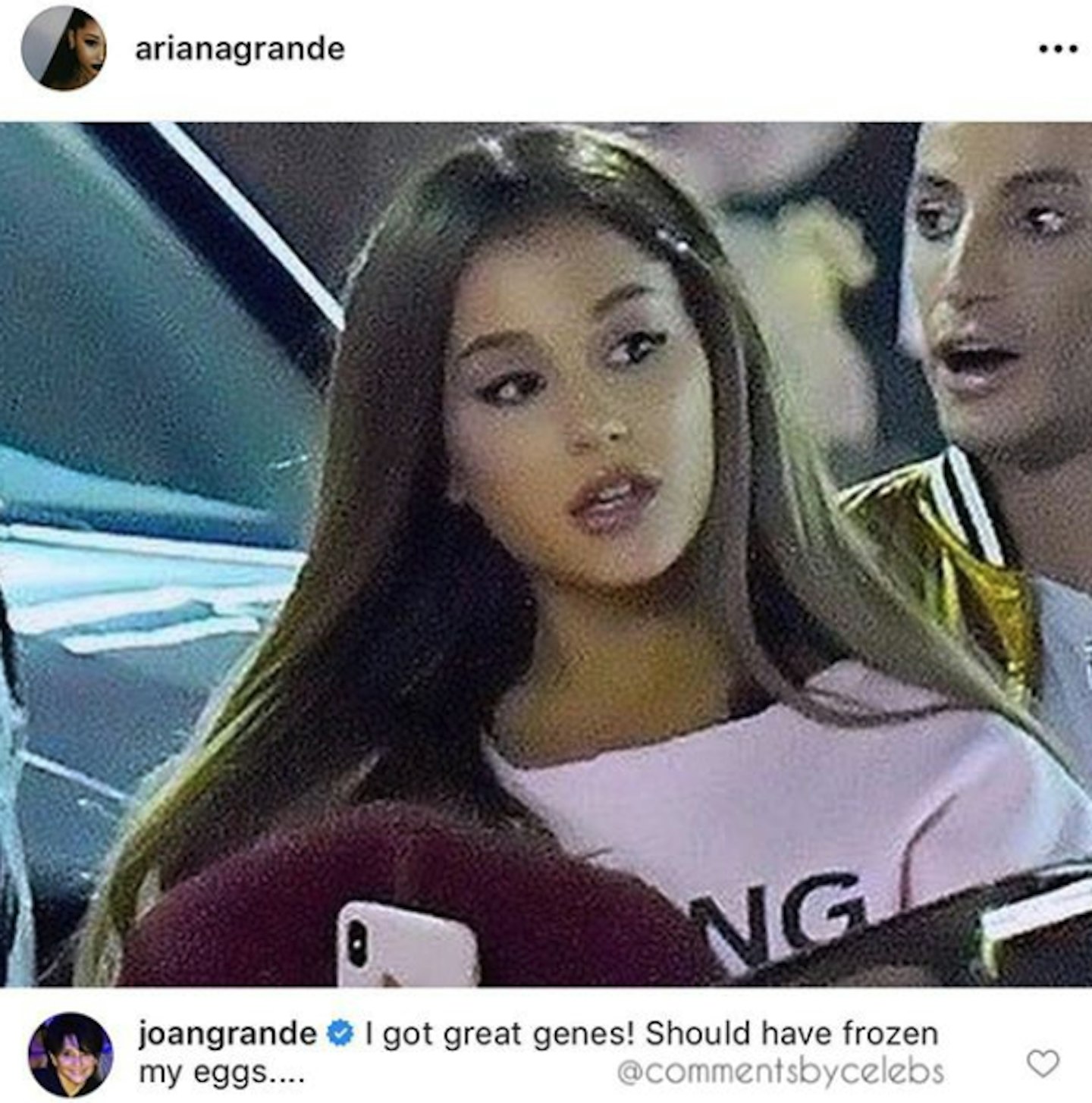 23 of 37
23 of 37comments by Celebs
 24 of 37
24 of 37comments by Celebs
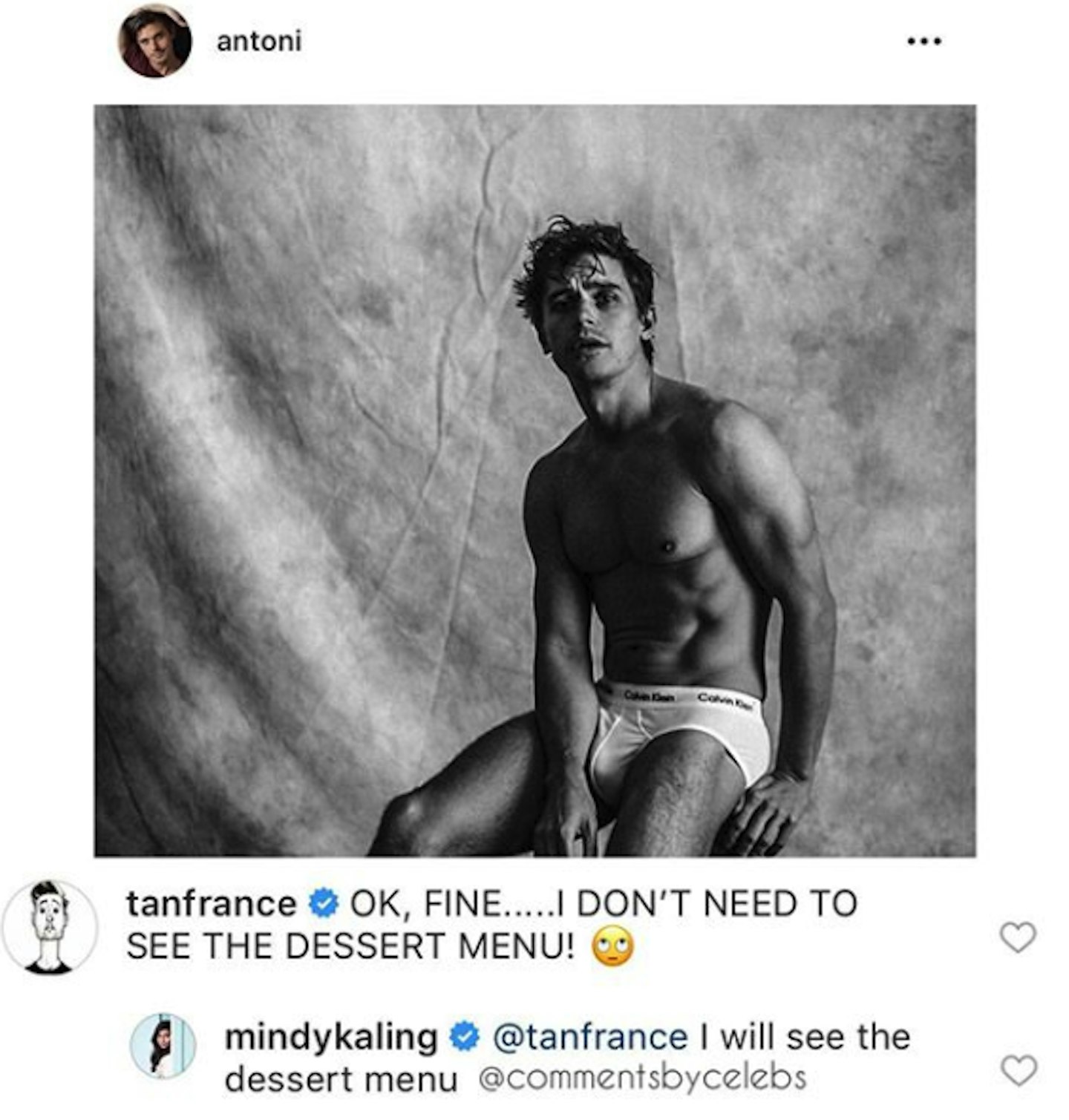 25 of 37
25 of 37comments by Celebs
 26 of 37
26 of 37comments by Celebs
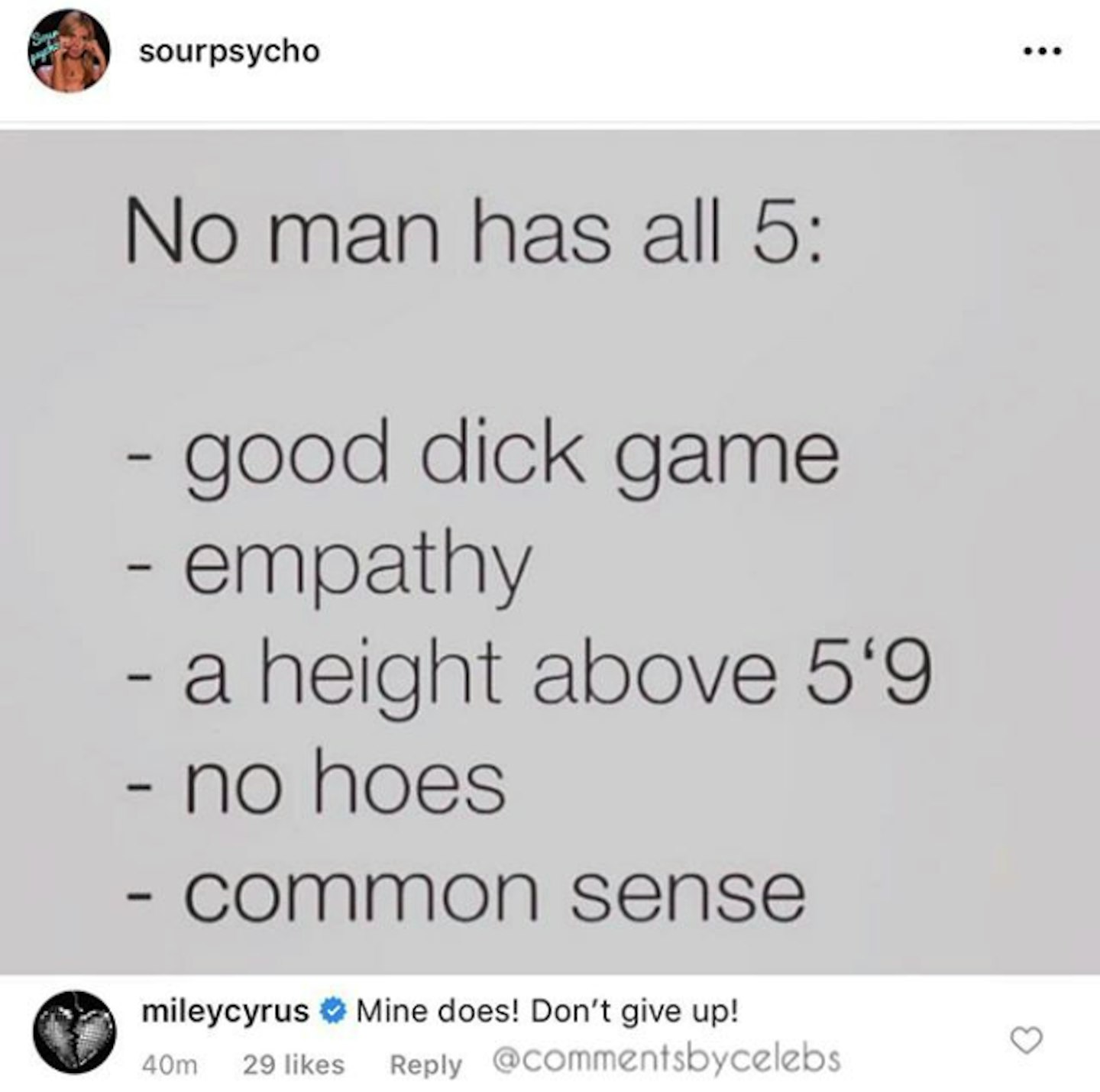 27 of 37
27 of 37comments by Celebs
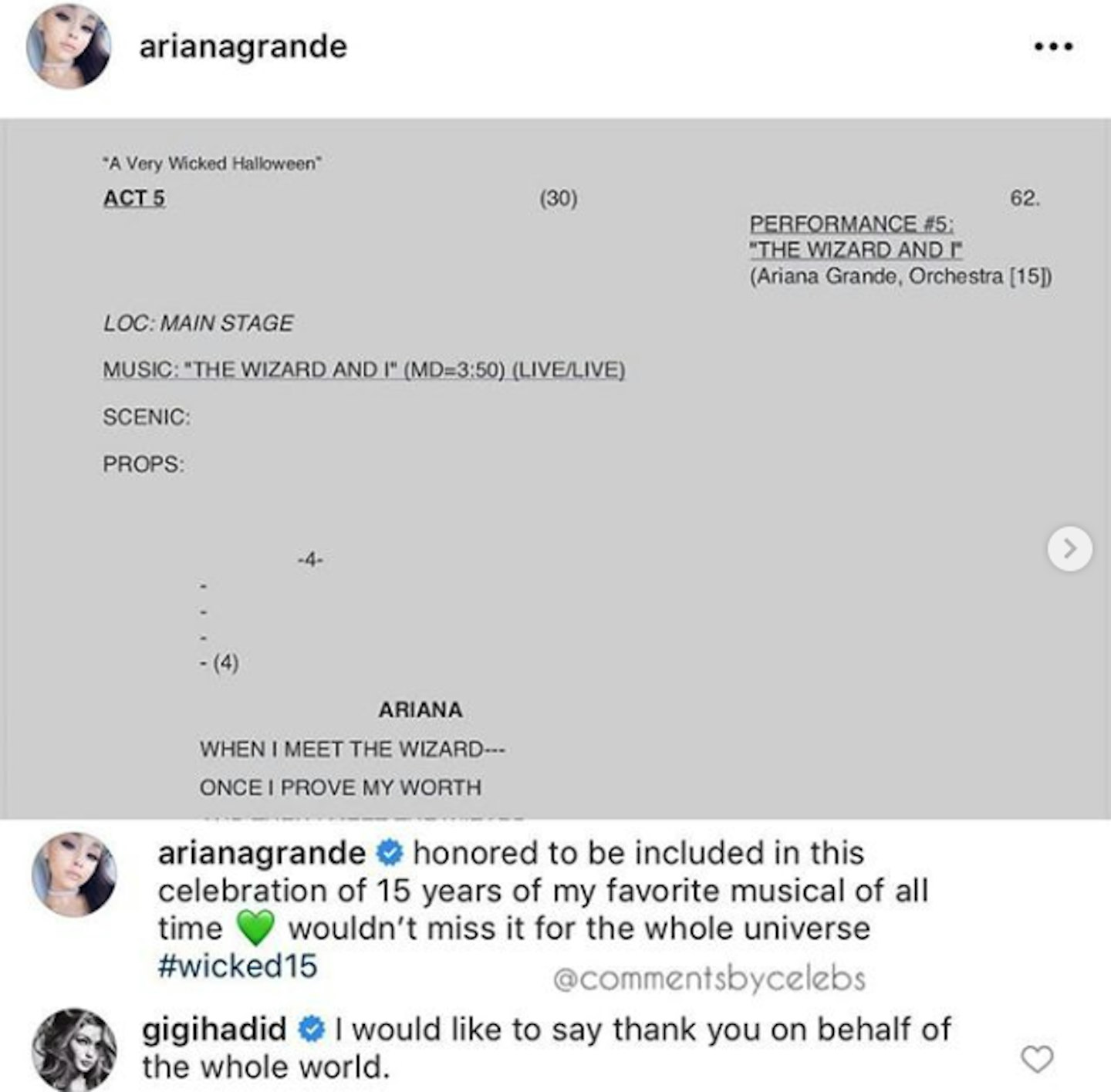 28 of 37
28 of 37comments by Celebs
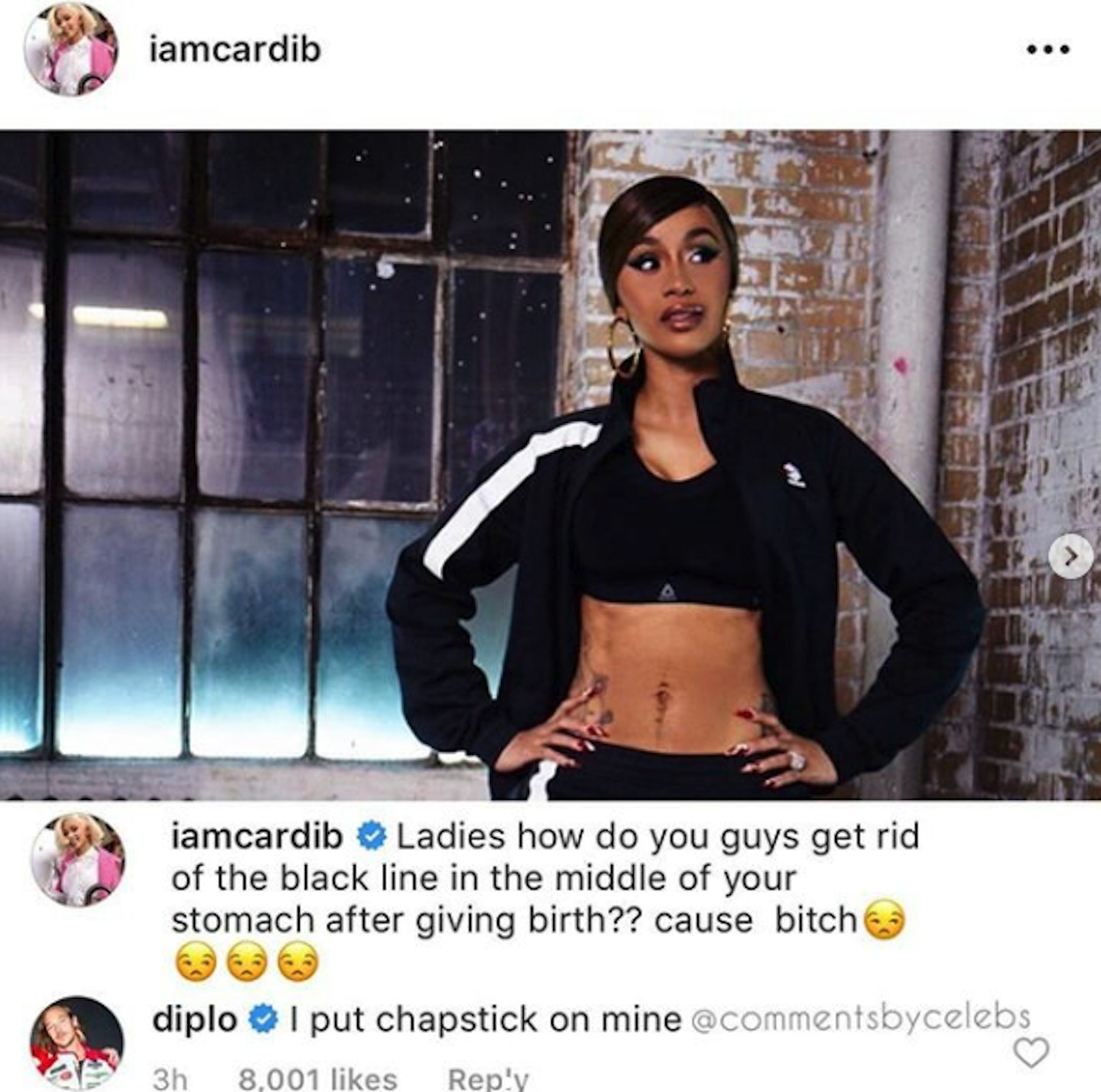 29 of 37
29 of 37comments by Celebs
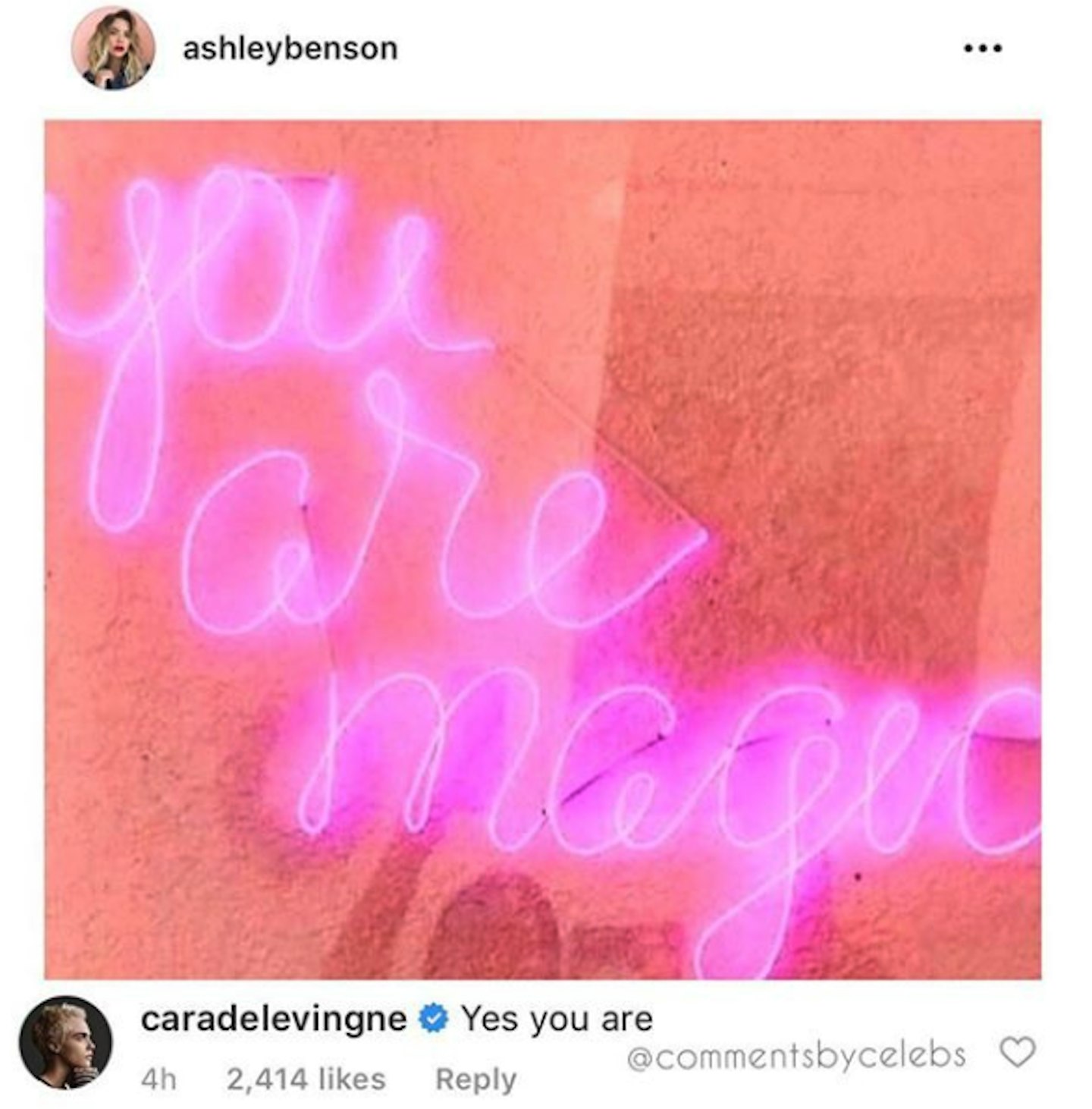 30 of 37
30 of 37comments by Celebs
 31 of 37
31 of 37comments by Celebs
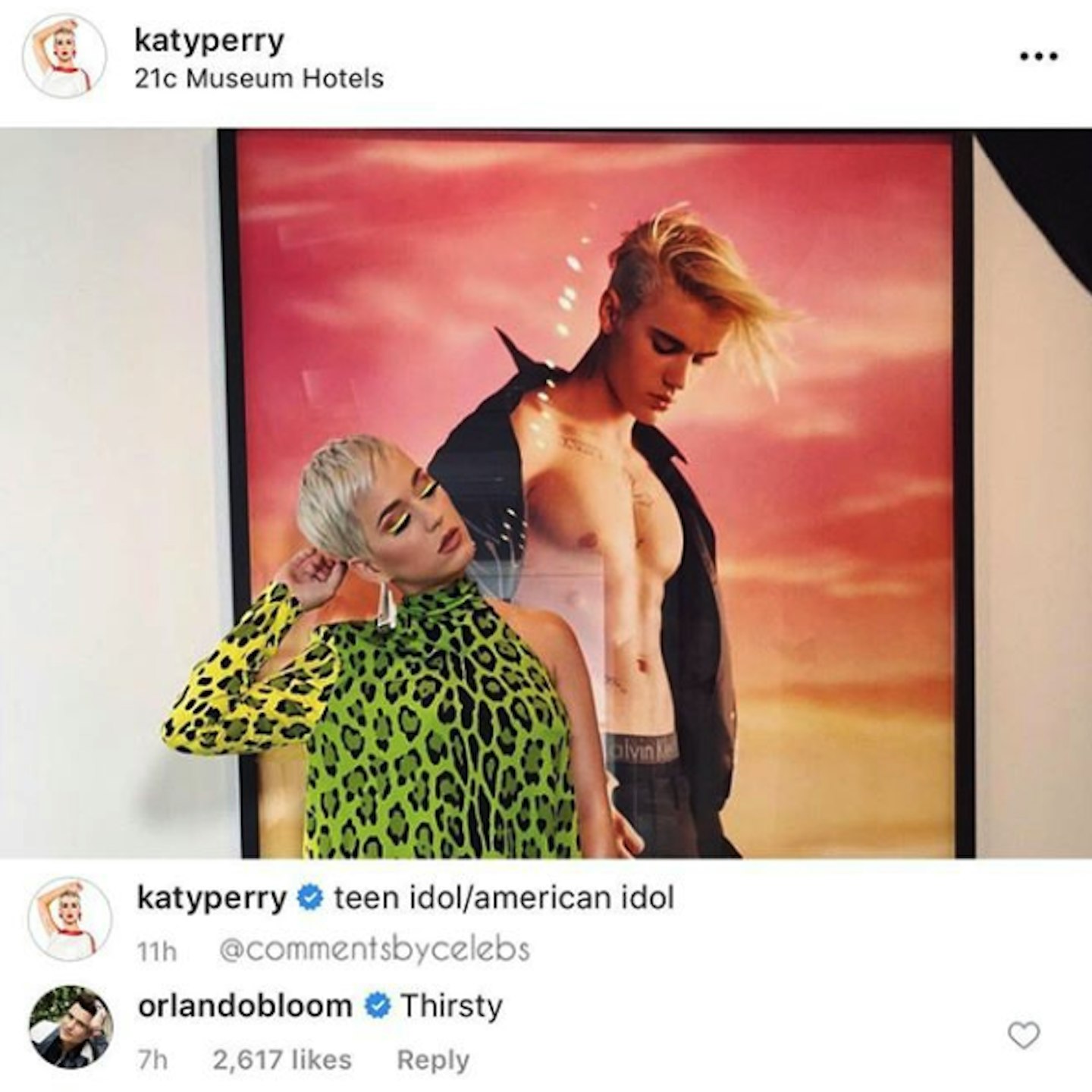 32 of 37
32 of 37comments by Celebs
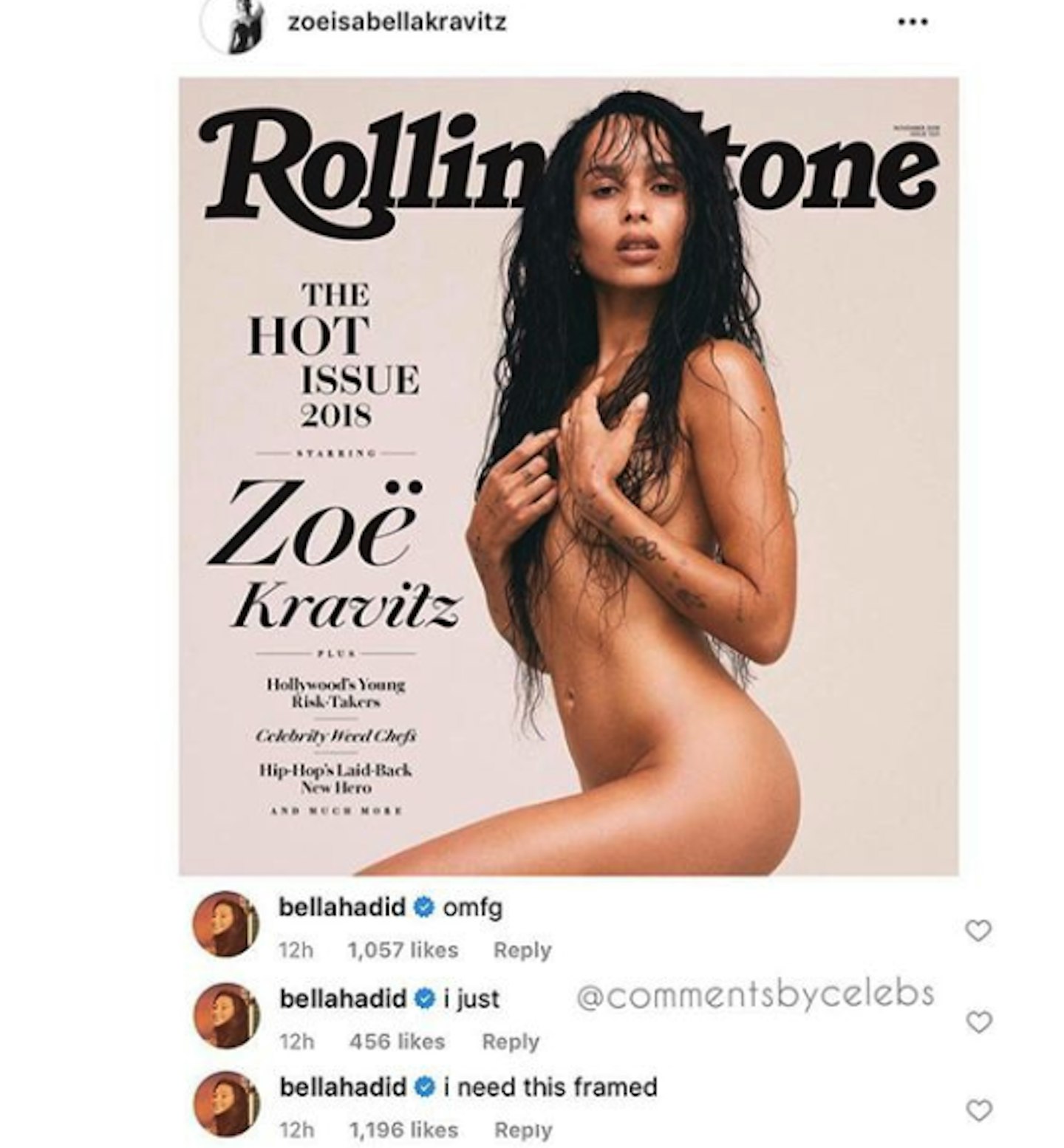 33 of 37
33 of 37comments by Celebs
 34 of 37
34 of 37comments by Celebs
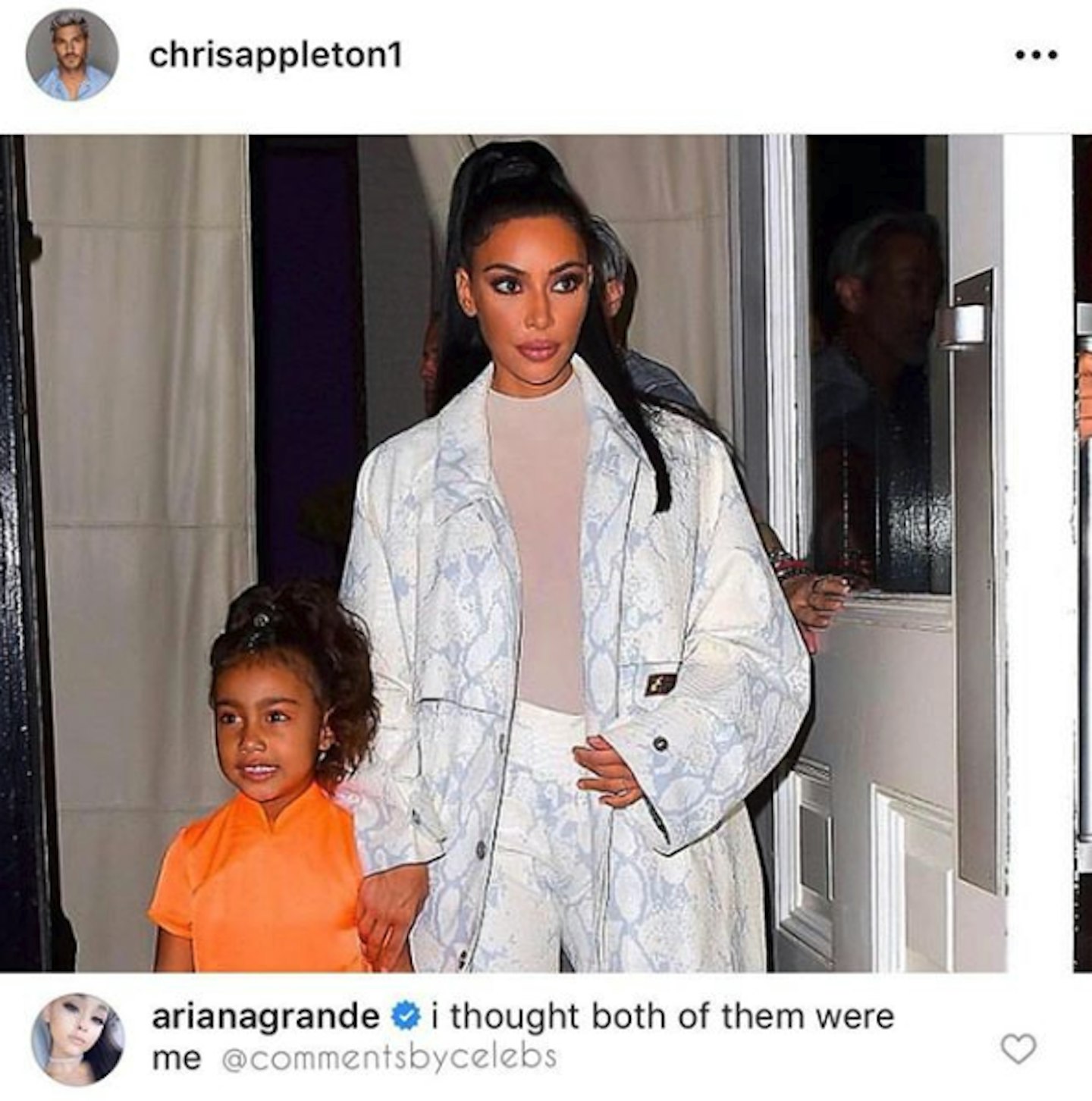 35 of 37
35 of 37comments by Celebs
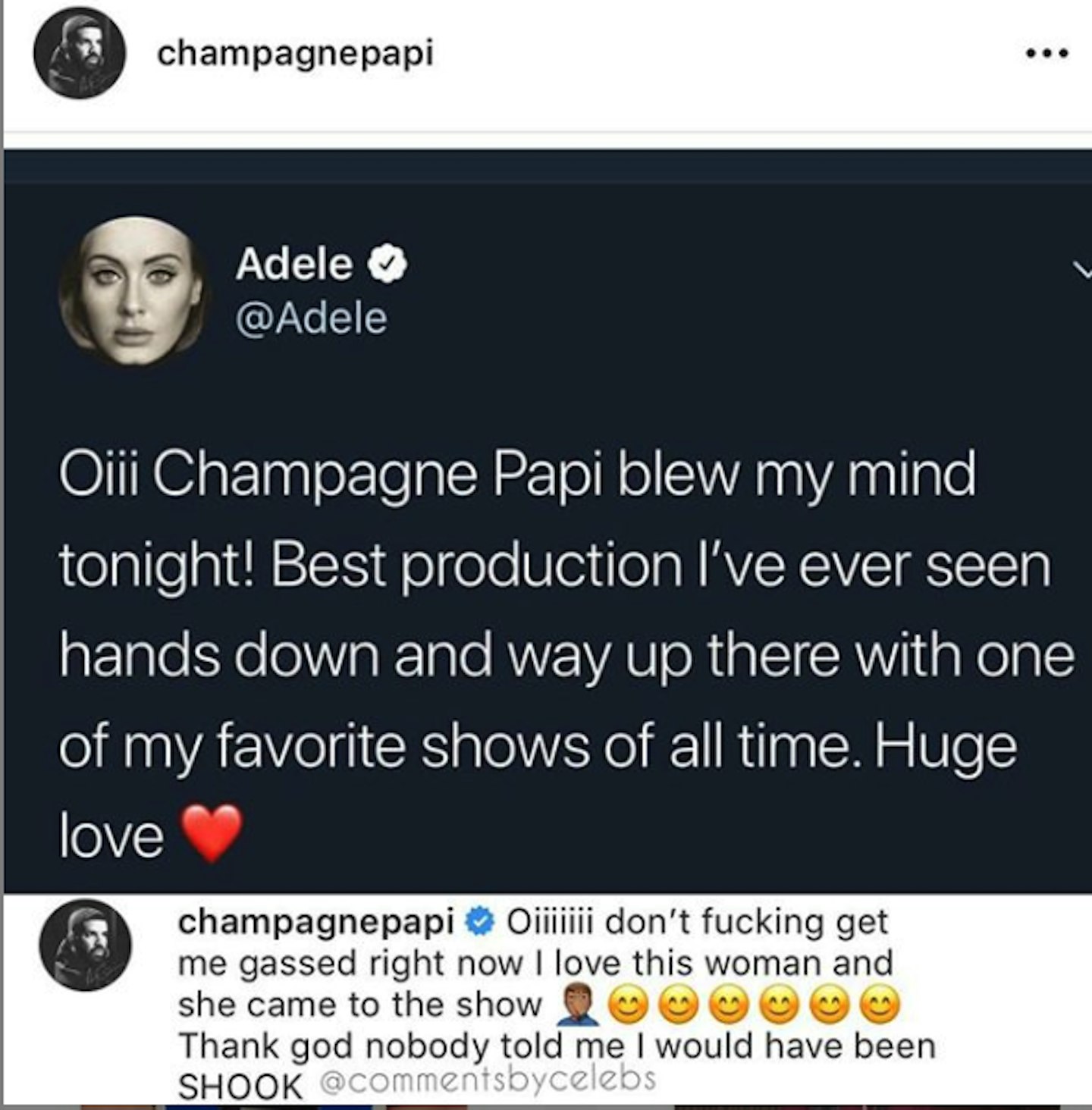 36 of 37
36 of 37comments by Celebs
 37 of 37
37 of 37